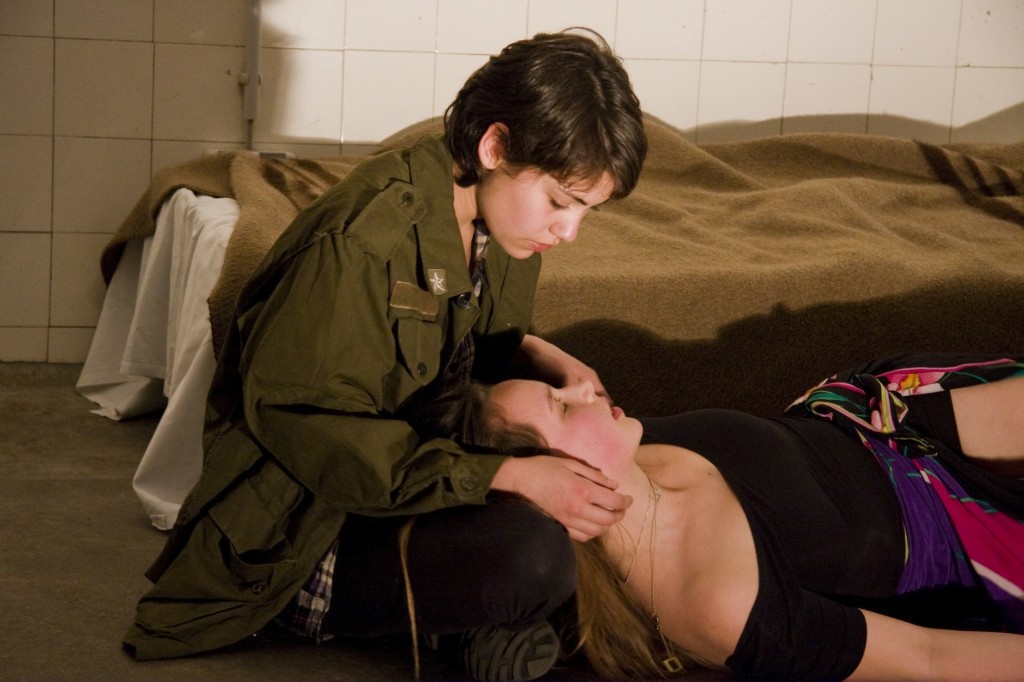
Read If You’re a Theater Kid… (Part 1) here.
For me, art tends to be very personal. It comes from within the artist and is put on display for others to see, whether it is an idea you’ve had, an experience, a conversation, a picture. In Bard College Berlin’s Poetry and Poetics course, we recently studied Confessional Poetry – a genre of poetry dealing with very blunt, personal experiences, making it difficult to distinguish between the speaker and the poet. But to me, all art is in some way confessional; you can mask it as deeply as you want with metaphors, imagery, colors or characters, but something of your art has you in it because there’s no way to be certain of anything else. Even the painting of a portrait is the painter’s perspective of that person. As someone who likes to write, the greatest anxiety and the greatest happiness comes from others reading or seeing my work and liking it, because that work is a part of me. Were it not, I shouldn’t care what anyone thinks of it the same way I don’t care what people think of a rock we pass by on the street that I have no attachment to. Art is special because it lays a piece of your mind bare for others to experience.
After putting on two shows this semester at Bard College Berlin, it really hit me how strange it is to watch your own words be spoken by a voice other than the one you read with in your head. Suddenly, a character you’ve created is coming to life; it has a body, a voice, a mind of its own. I put my mind into other people’s hands to do with as they please. We would do an exercise during our rehearsals where two characters had to stand on opposite sides of the room and convince a character in the middle why they are right, or why that character should come with them. It was fascinating to see what the actors would dig up from their characters and say. They had to put themselves in the shoes of something I’d created and decide what was important to them, who they really were, what they would say in circumstances that were not in the script. This proved to be the most difficult exercise for the actors and also the most helpful. By the end of it, the characters weren’t just names written on a memorized piece of paper, they were people they understood and people they knew like old friends. It amazed me to hear how they would develop their own characters; sometimes it would be how I imagined it or sometimes it would add a new light that I had never thought of before. They had the power to change my mind about my own mind.
Then comes the whole new experience of bringing in the audience. Now, not only was my mind laid bare but the actors’ were as well. I sat in the corner and took deep breaths as words that had been running through my head for months were spoken out loud for others to hear. But this naked feeling in front of an audience is not limited to a self-written show. Often times when reading a book, the reader will have everything pictured in their mind; they know what the characters look like, their voices sound like, and how the setting looks. Then, when a film adaption is made and it doesn’t look like what you thought it would, it feels disappointing, or like a slight betrayal towards how you believed the book played out. So, imagine being on the other end. When directing a play, you have to choose one way to present it out of an almost infinite amount of possibilities. You too have an idea of what it should look like and you run the risk of the audience having a different picture in their mind. No matter what you do, by presenting an idea of your own, you are sharing a little bit of your mind for people to see.
But this is what makes art exciting as well – there is never any guarantee. You watch your mind come to life and get to share that with others to take as what they will. From day one, when the actors are still uncomfortable with whether they should show a lot of effort or act aloof, to the day of the performance with everyone trying to keep themselves occupied to avoid feeling nervous, a little piece of everyone involved has blossomed to create a whole new world of its own. And suddenly, the pictures running through your head have become living, breathing people and the stage replaces the confines of your mind.

